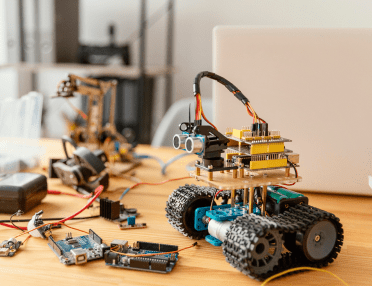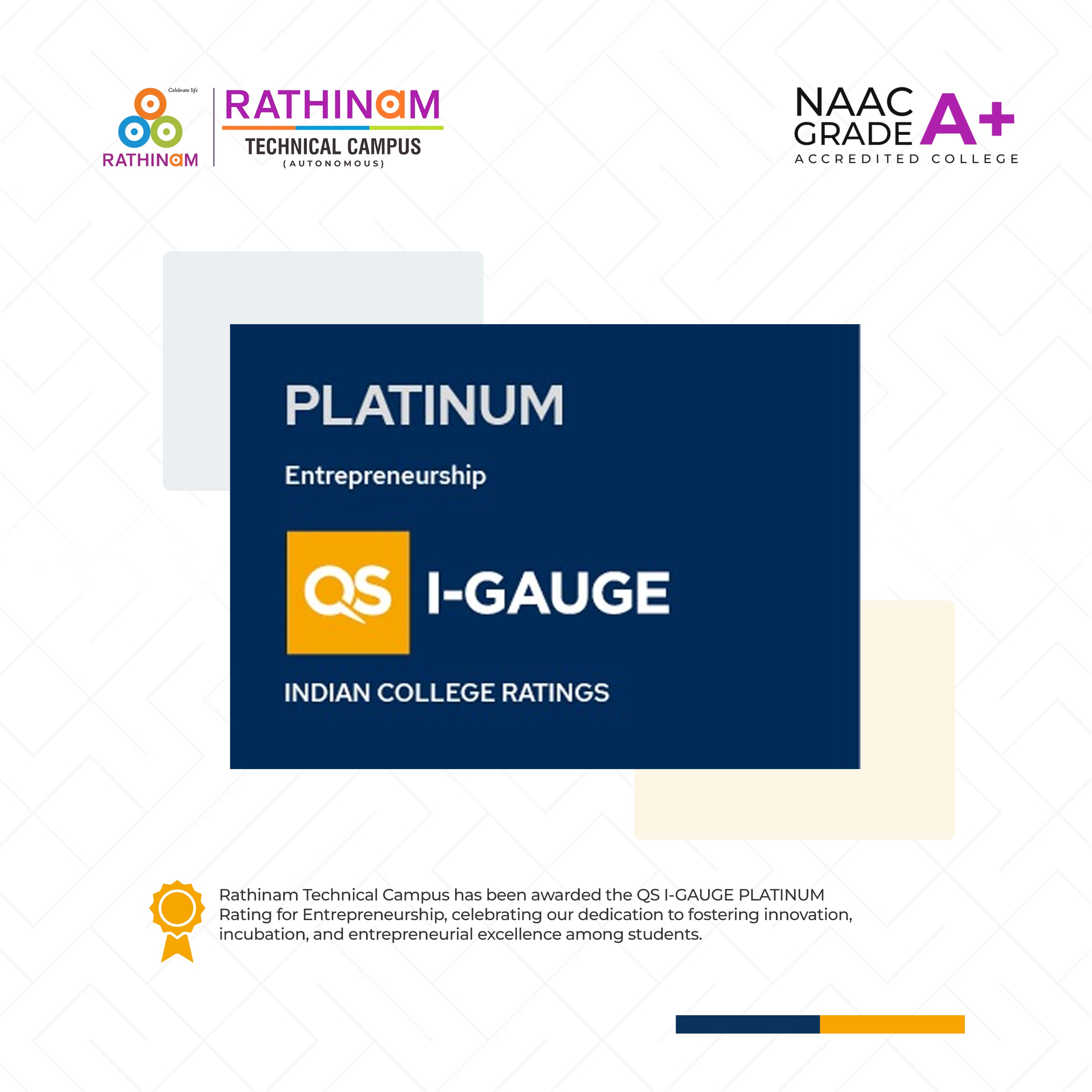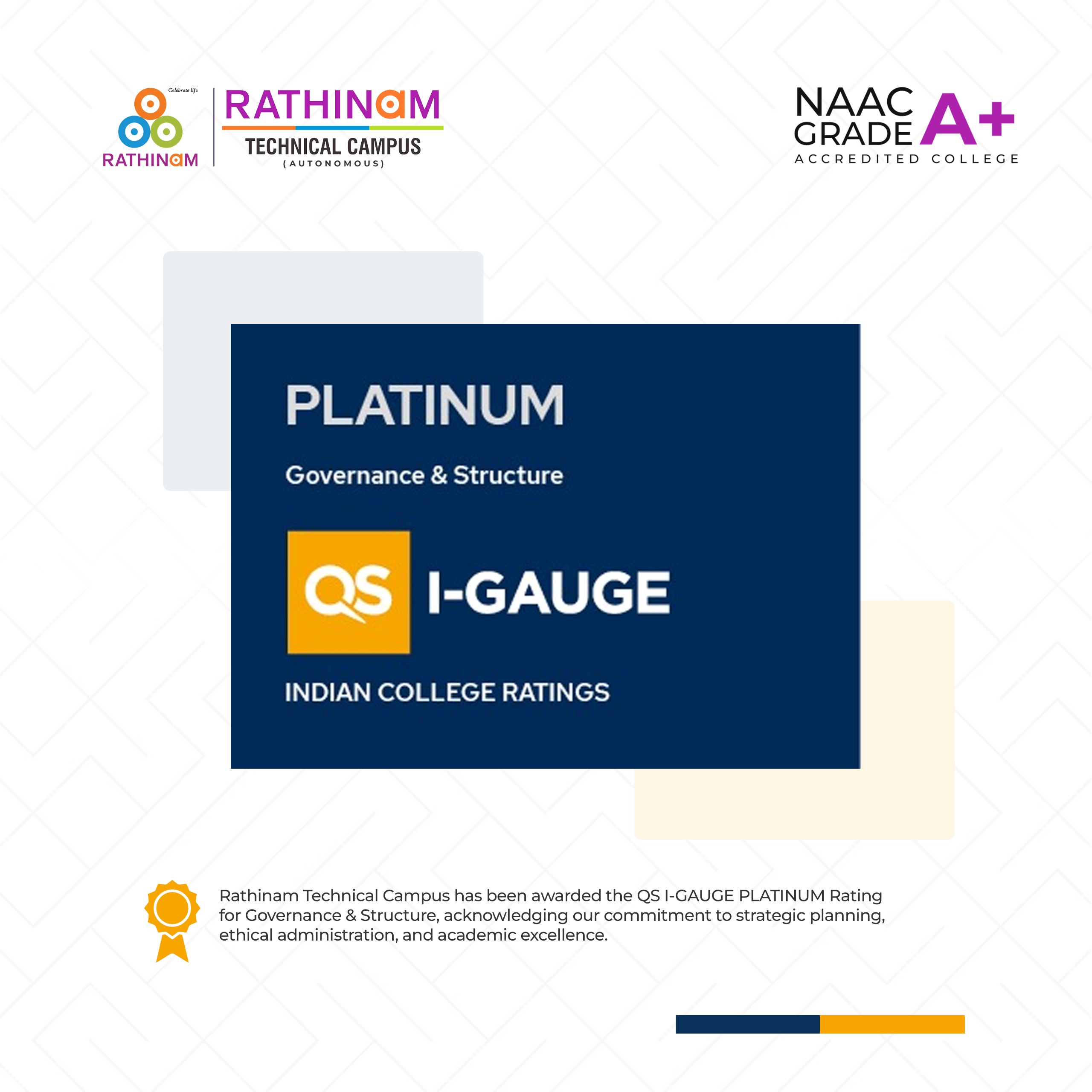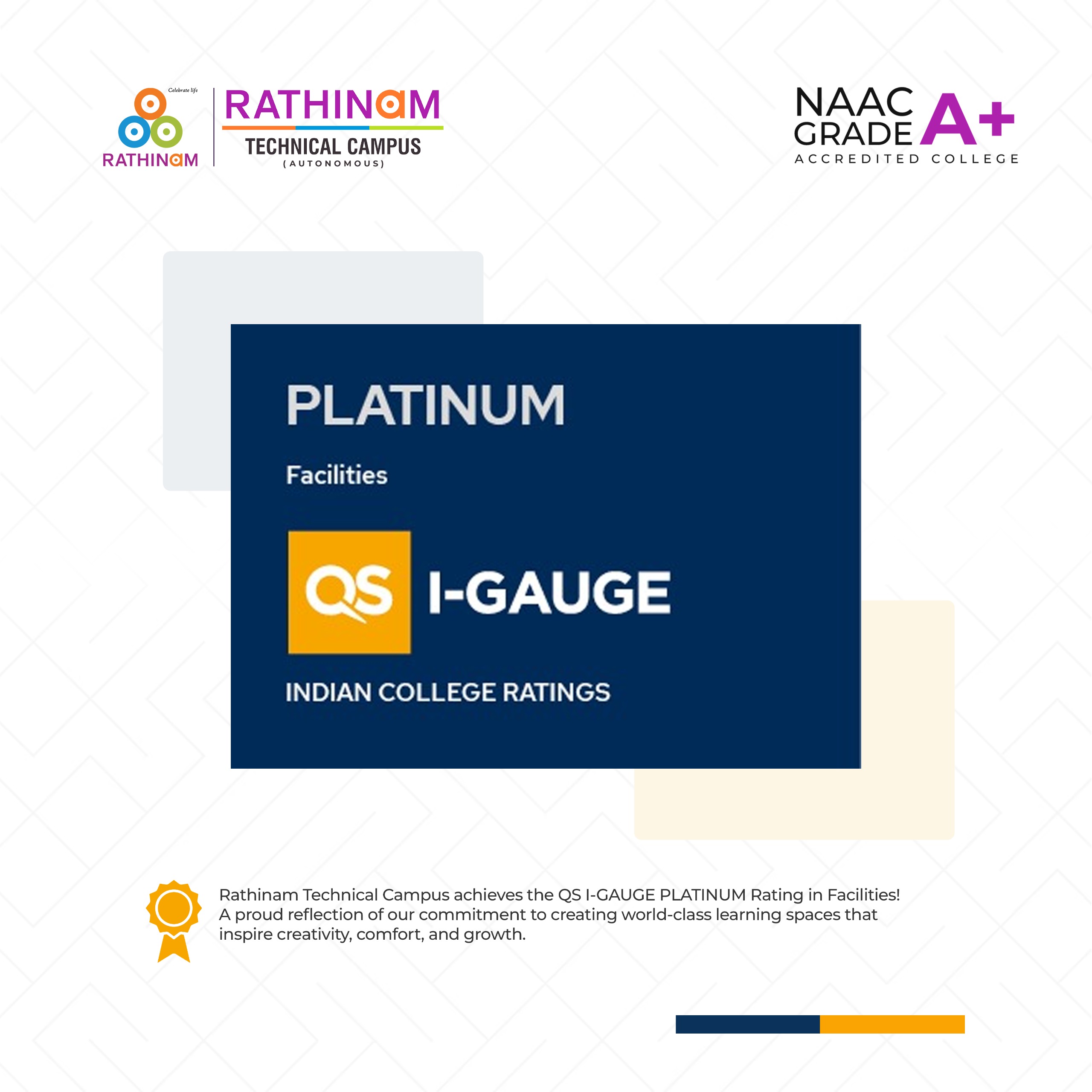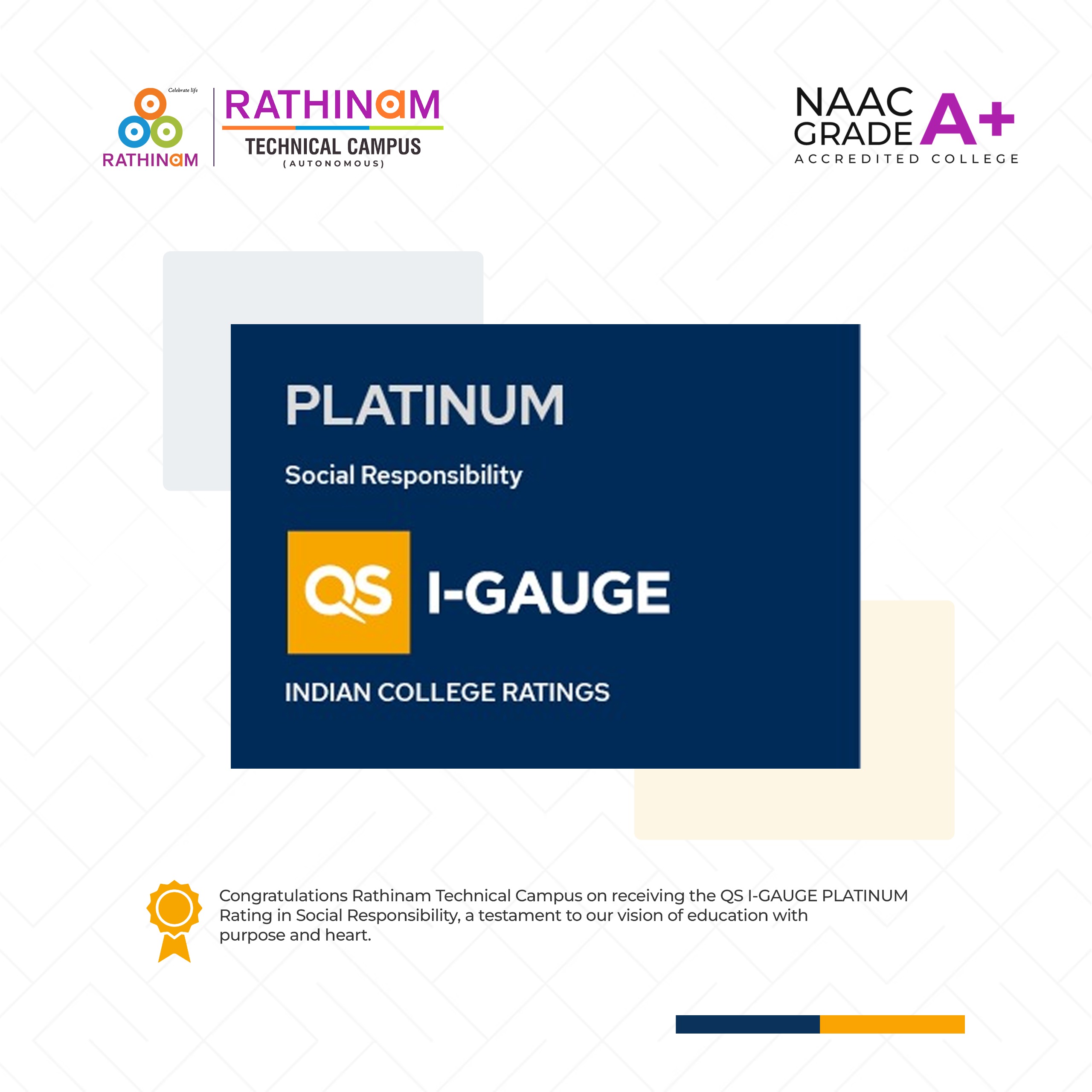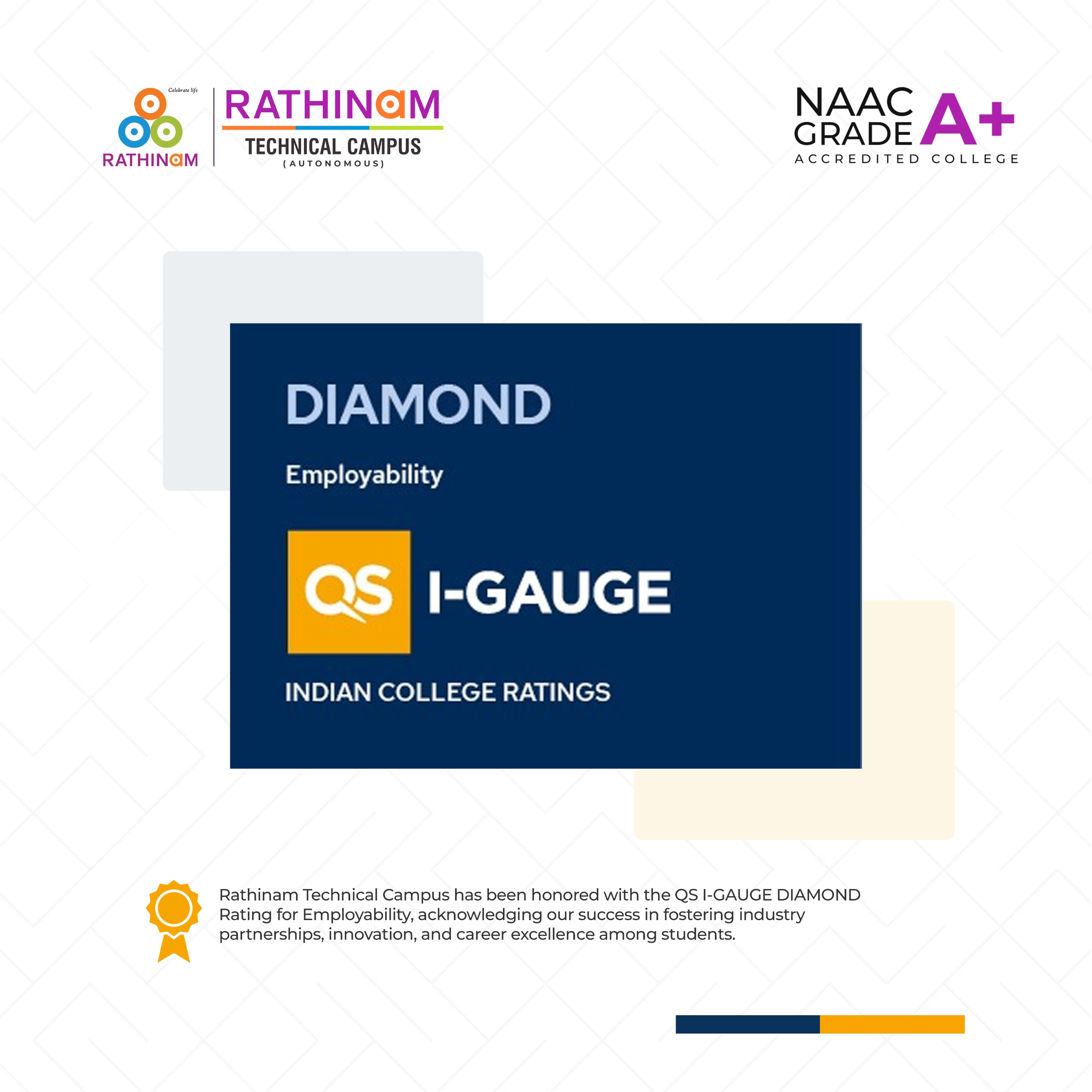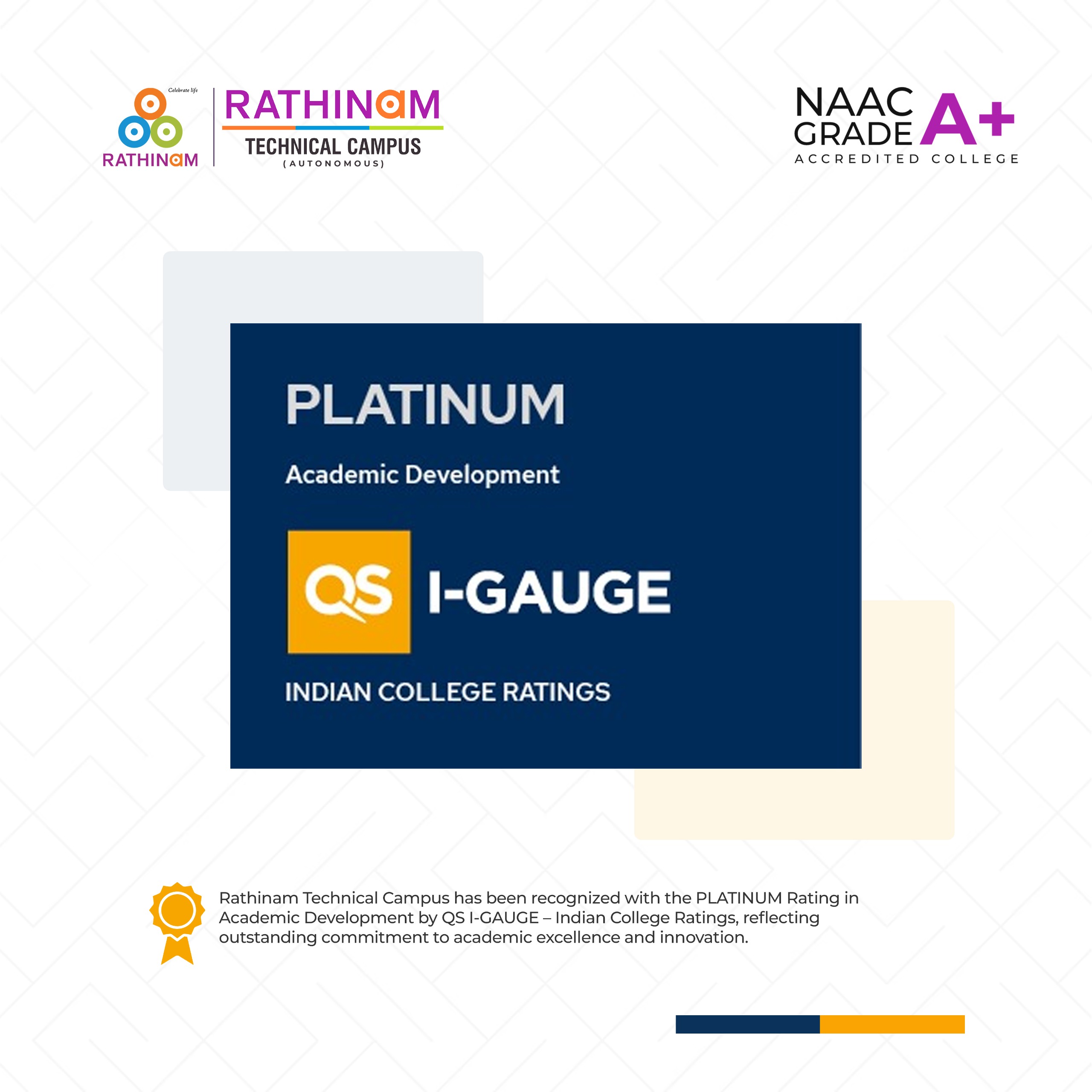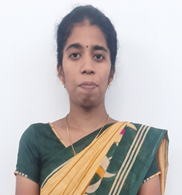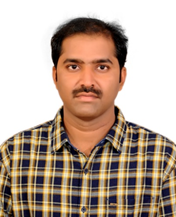Centre of Excellence
Home / Centre of Excellence
RAISE Centre of Excellence (CoE)
Our Noble Aspiration
Creating a Quality Circle
Pushing for Incremental Improvement in Knowledge
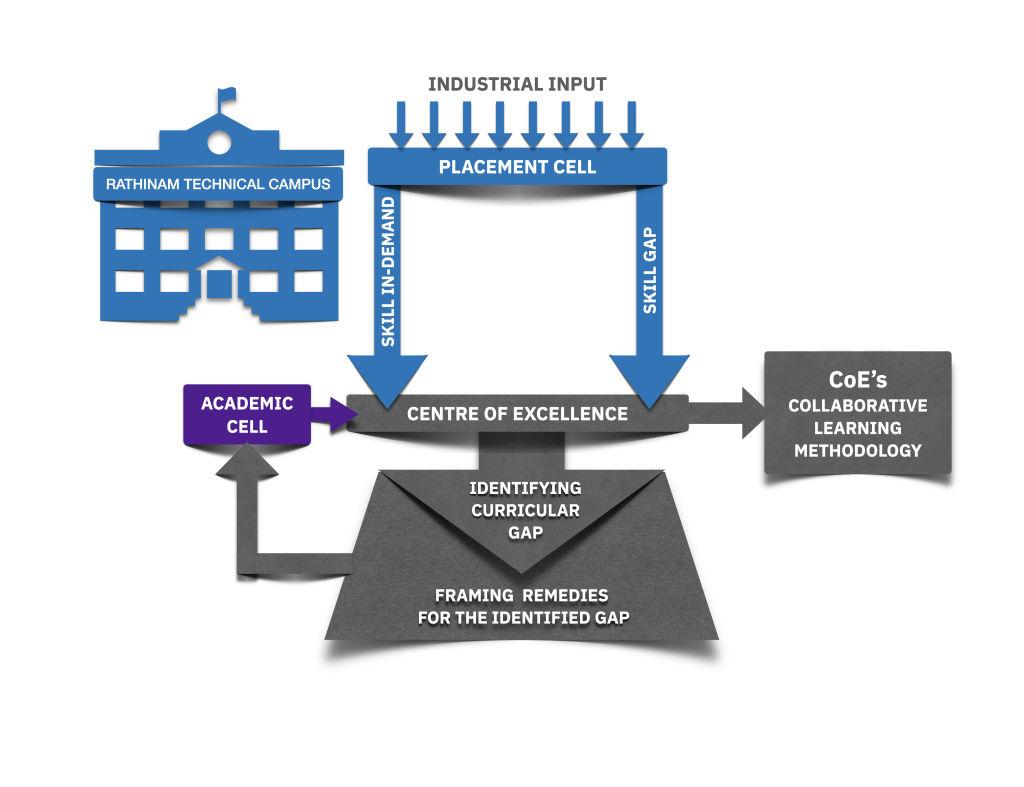
Why CoE?
The CoE has three primary modes of operation:
- Finding curricular gaps to suit the knowledge requirements demanded by the industry.
- Framing remedies for the identified gaps.
- Delivering and training the students in a unique way.
What sets the CoE apart and makes it unique?
The way content is delivered.
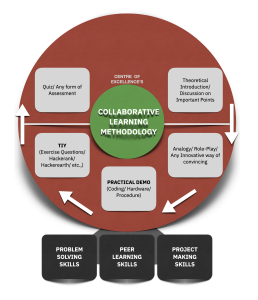
The Centre of Excellence (CoE) stands out through its unique collaborative learning methods, which provide students with a distinctive approach to developing logical thinking. This methodology focuses on cultivating essential skills such as problem-solving, peer learning, and project making. The CoE class follows a structured format that encompasses various interactive elements.
- There is a theoretical introduction and discussion of important points, laying the foundation for the topic at hand.
- innovative techniques like analogies or role-plays are employed to enhance understanding and foster engagement. These creative approaches help students grasp complex concepts effectively.
- the CoE emphasizes practical demonstrations, be it coding, hardware manipulation, or procedure execution. By providing hands-on experiences, students gain practical knowledge and enhance their technical skills.
- Following the practical demo, students are encouraged to apply what they have learned through exercises, such as solving questions on platforms like HackerRank or HackerEarth. This practical application enables students to reinforce their understanding and proficiency.
- To assess learning outcomes and reinforce knowledge retention, the CoE incorporates quizzes or other forms of assessments. These assessments not only gauge students’ comprehension but also serve as opportunities for them to reflect on their progress.
Overall, the CoE’s holistic approach to education, integrating theory, practical applications, and assessments, fosters a unique learning environment that nurtures logical thinking and equips students with vital problem-solving, peer learning, and project-making skills.
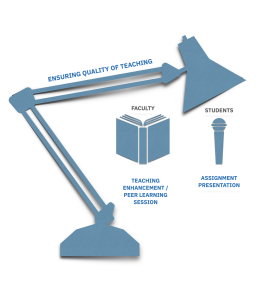
How can we ensure the quality of teaching?
To ensure the quality of teaching in the Centre of Excellence (CoE)'s learning methodology, the institution incorporates teaching enhancement sessions and peer reviews for faculty members, as well as assignment presentations for students. Teaching enhancement sessions are organized to support the professional development of faculty members. These sessions provide opportunities for educators to enhance their teaching skills, explore innovative teaching techniques, and stay updated with the latest educational practices. By engaging in these sessions, faculty members continuously improve their instructional abilities, ensuring the delivery of high-quality education. In addition to the enhancement sessions, the CoE implements a peer review system. This process involves faculty members observing and providing constructive feedback to their colleagues. Peer reviews encourage collaboration and a culture of continuous improvement among the teaching staff. Through constructive feedback and shared best practices, faculty members can refine their teaching methods and ensure that they are effectively delivering the CoE's unique learning methodology. To assess the students' learning progress and the effectiveness of the teaching methodology, assignment presentations are conducted. These presentations serve as platforms for students to showcase their understanding of the subject matter and their ability to apply the knowledge and skills acquired during the course. By presenting their assignments, students receive valuable feedback from both their peers and faculty members, enabling them to refine their work and further develop their learning capabilities.
By incorporating teaching enhancement sessions, peer reviews, and assignment presentations, the CoE maintains a strong focus on ensuring the quality of teaching and the continuous improvement of its learning methodology. These practices create an environment that supports both faculty and students in their pursuit of academic excellence.
Learning Voyage: Focusing on Industry-Readiness

"Do it Yourself" - Assessment in every class: Students are encouraged to actively participate and engage in the learning process through regular assessments. These assessments can be in the form of quizzes, discussions, or practical exercises, where students have the opportunity to apply their knowledge and showcase their understanding.
Weekly Assessments: Students are provided with regular assessments on a weekly basis. These assessments serve as checkpoints to gauge their progress, reinforce learning, and identify areas that may require additional attention or improvement.
Assignment Presentation - Thrice a semester: Students are required to present their assignments, along with their team, three times during the semester. This presentation allows students to showcase their collaborative work, communication skills, and the application of their knowledge in solving real-world problems.
Start of the Month Award for students: At the beginning of each month, an award is given to outstanding students who have demonstrated exceptional performance, dedication, or improvement. This award recognizes and celebrates their achievements, serving as a motivational boost for both the recipient and their peers.
Team Recruitment Privilege for Award Winners: Each monthly award winner is granted the privilege to recruit their own team from among their fellow students. This team formation supports a collaborative learning approach, allowing students to work together, share knowledge, and enhance their understanding through peer interaction. It fosters a sense of responsibility, leadership, and cooperation among students, further motivating them to excel academically and collectively contribute to the learning environment.
By implementing these student motivation factors, the aim is to create a dynamic and engaging learning atmosphere that fosters continuous improvement, encourages active participation, and rewards outstanding achievements.
COMPETENCY-DRIVEN TRAINING
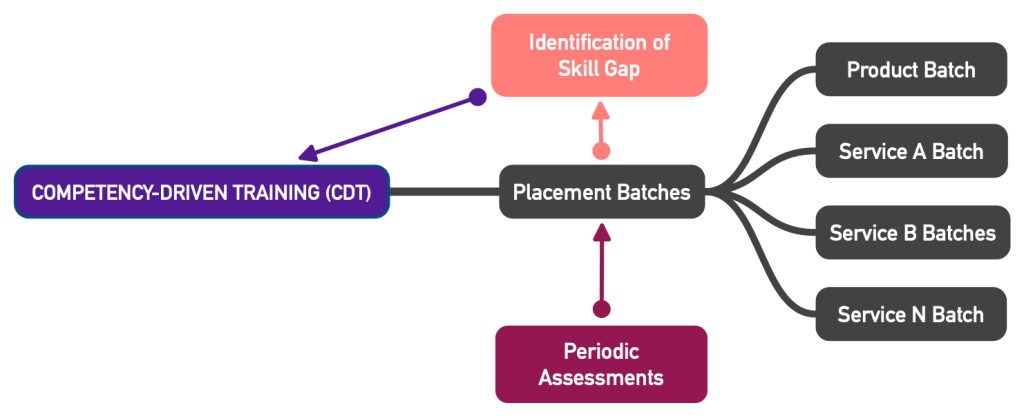
STUDENTS TO INDUSTRY-READY
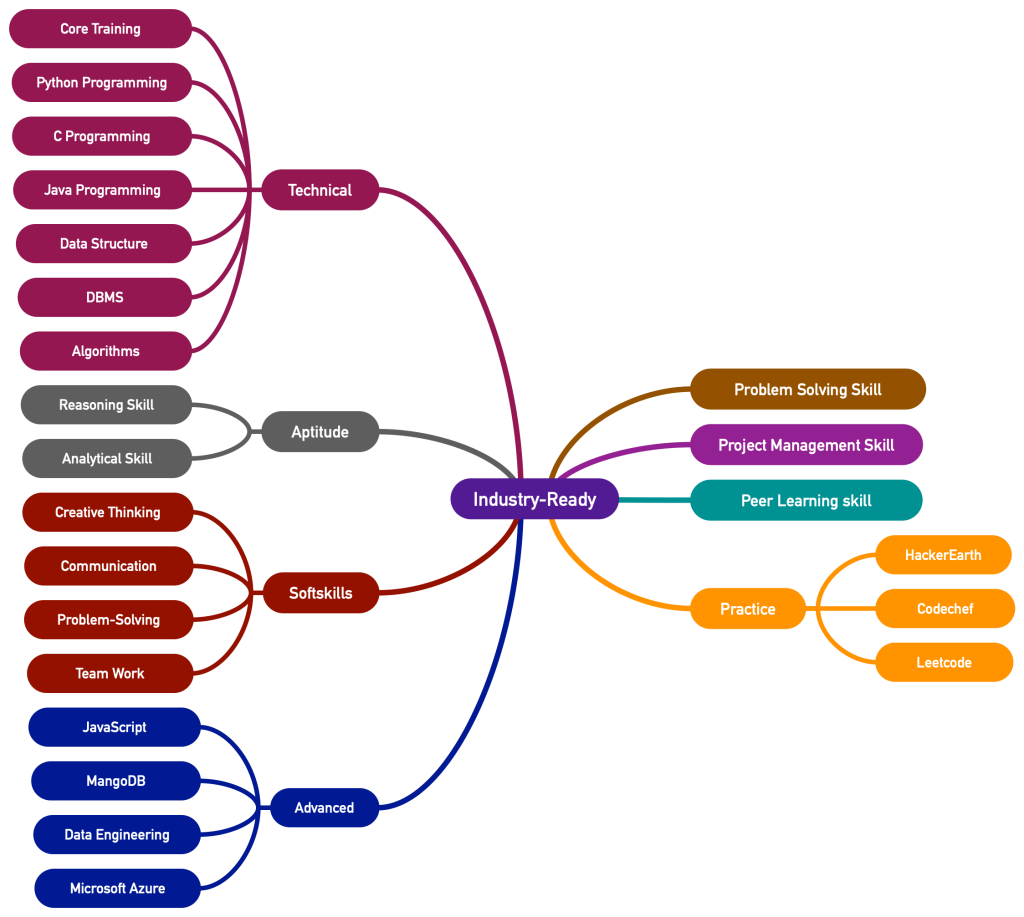
Centre of Excellence
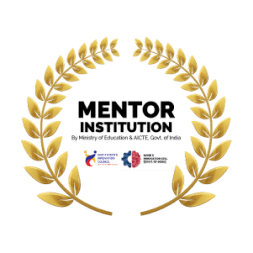

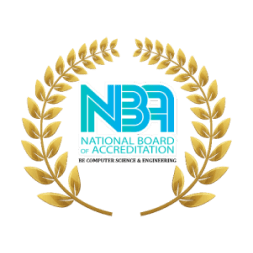
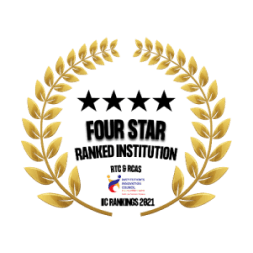
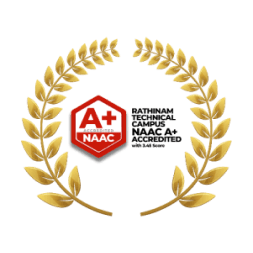

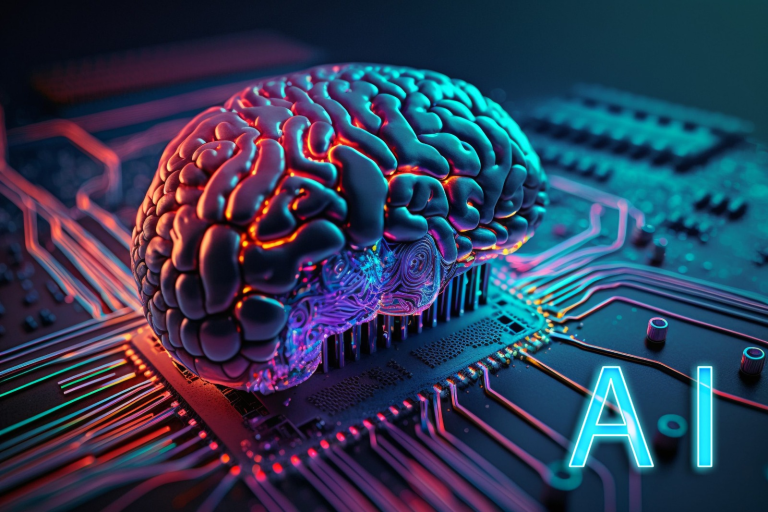
The Dell and Intel AI Skills Lab is a collaborative initiative between Dell Technologies and Intel Corporation that aims to equip students with the skills and knowledge necessary …


Bio-Innovation-Hub
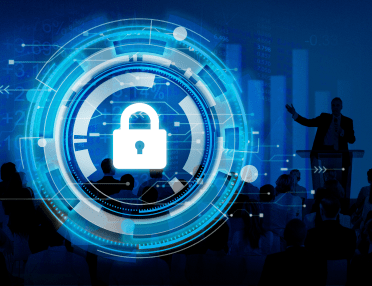
Cybersecurity & Networking


